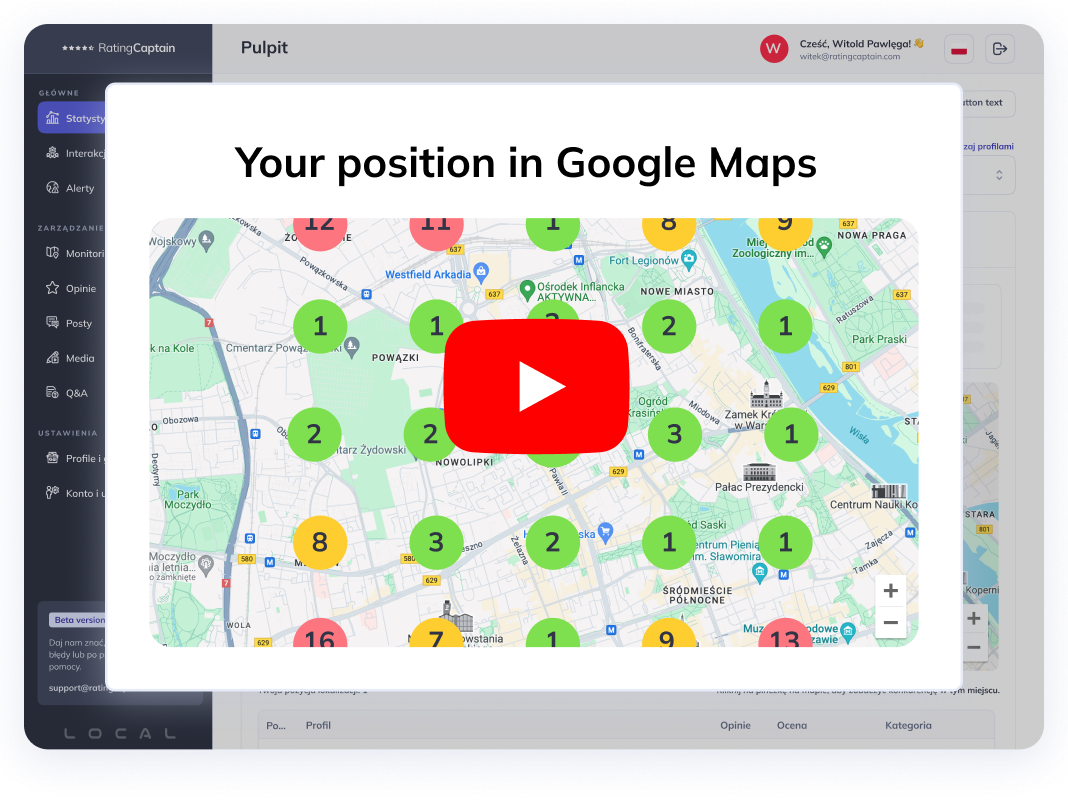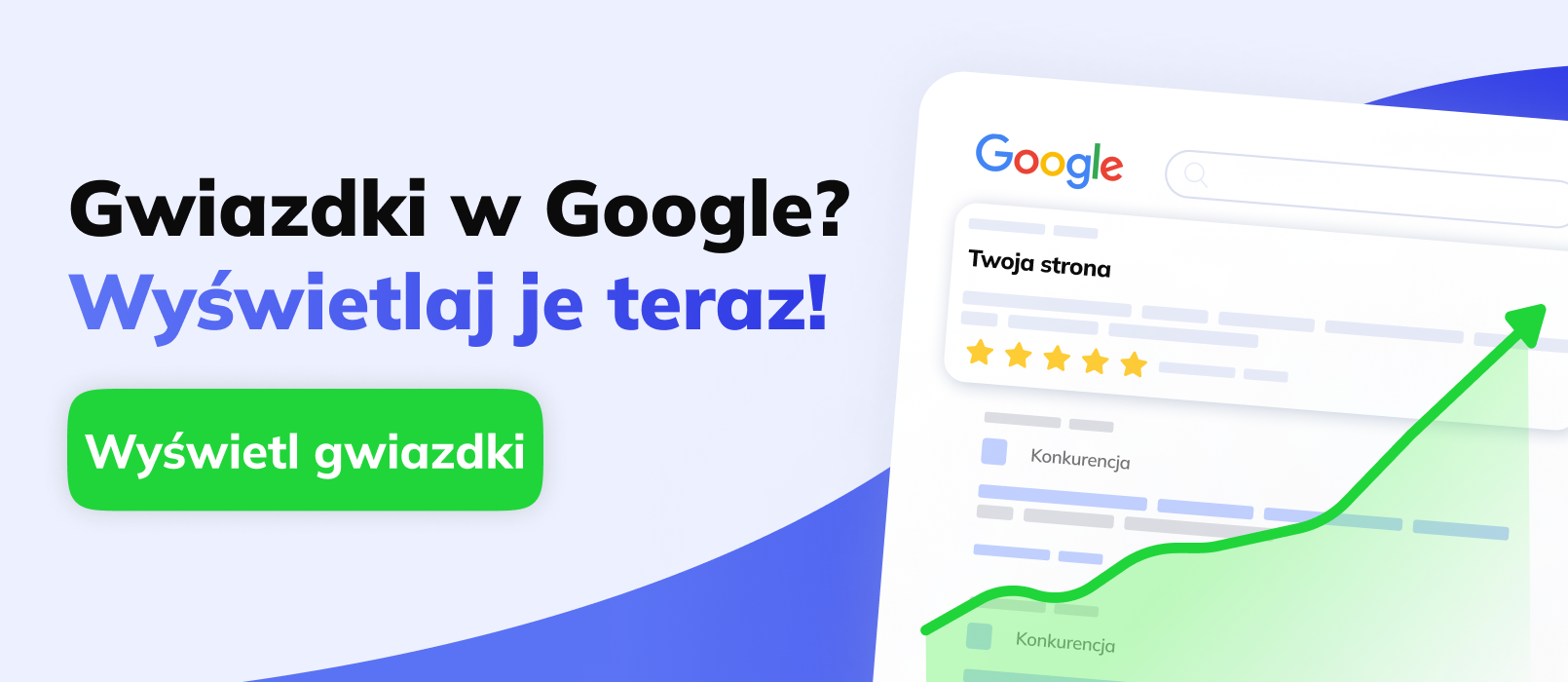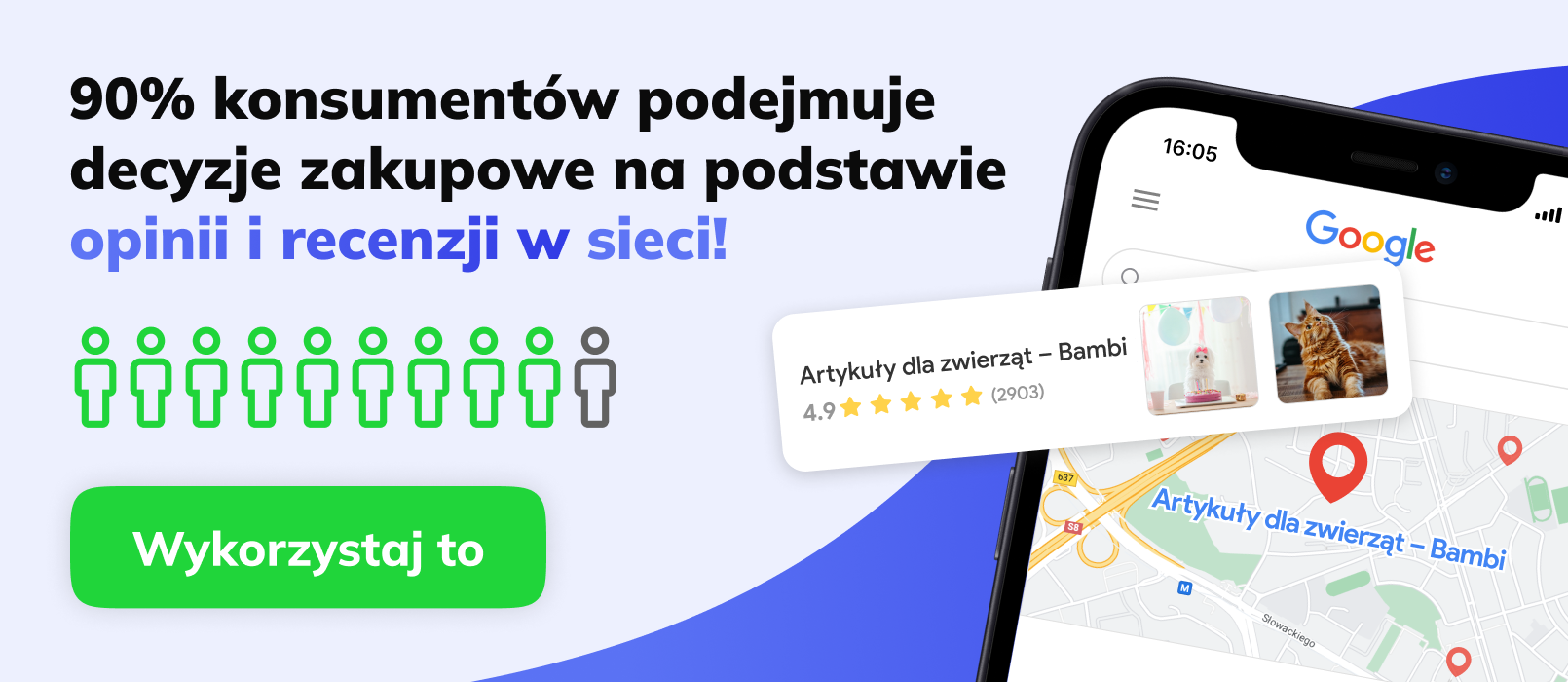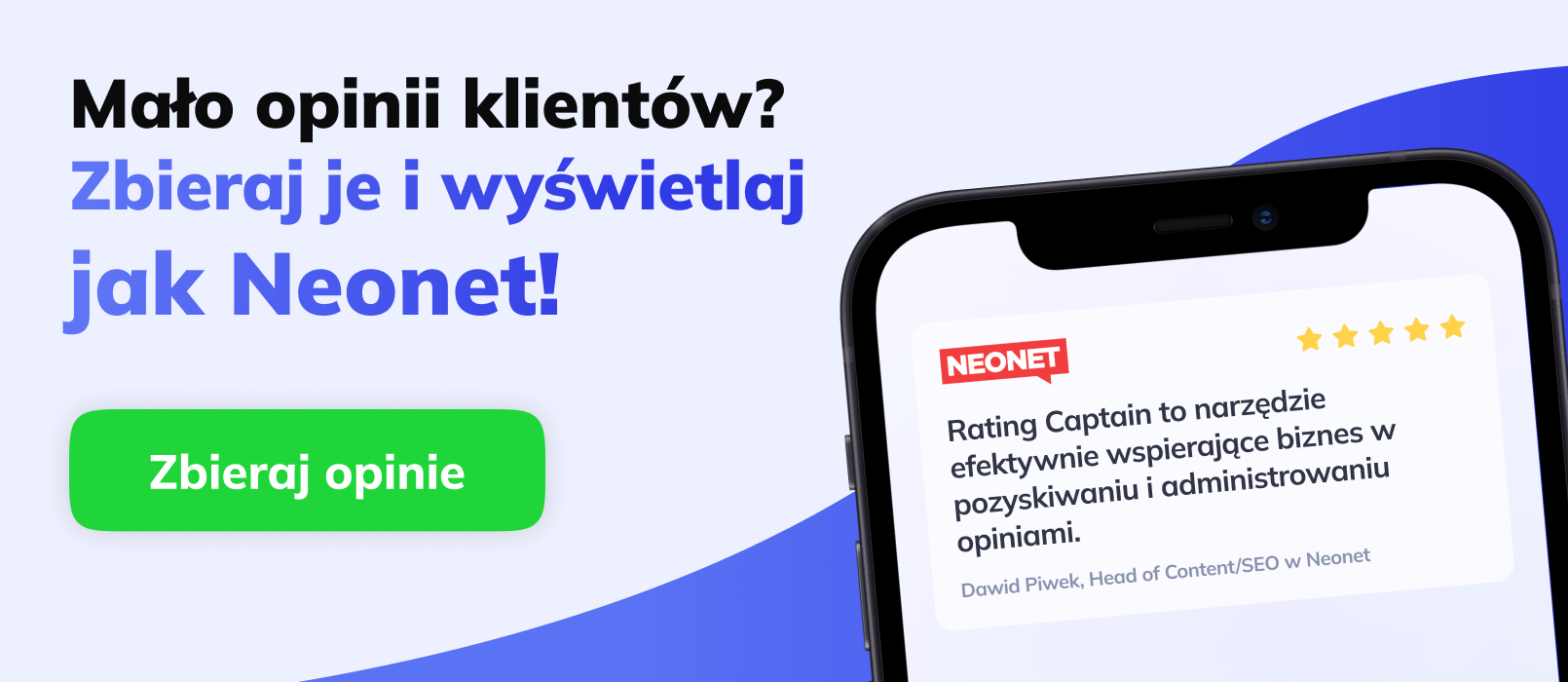

There’s a human behind each review
What is word-of-mouth marketing? How does it work and why is it worth using?

Table of contents
What is buzz marketing? How does it work and why is it worth using?
Buzz marketing, also known as "whisper marketing" or "word of mouth marketing", is a promotional strategy that continues to be highly popular. In this article, we will delve into this fascinating form of marketing, discussing its definition and types.
.jpg)
What is buzz marketing?
Buzz marketing is a form of promotion that involves gradually creating positive "buzz" around a particular product or service. Unlike viral marketing (where the focus is on gaining the largest reach in the shortest amount of time), here we are dealing with a more "organic" effect generated by recommendations, opinions, and conversations within communities.
How to start buzz marketing?
Although effective buzz marketing often has a spontaneous nature, it is worth planning it carefully in order to gradually achieve the intended goals. There are several ways to create buzz marketing, including:
-
User-generated content (UGC) - this includes all content created by users on their own initiative, such as activity on social media platforms, reviews published on their blogs, or comments on company posts. This content is not only creative but also authentic and trustworthy.
-
Product and service reviews on the website - statistics show that over 60% of users are more inclined to purchase a brand's products based on the reviews of other customers.
-
Sharing reviews - publishing customer reviews on the website is one thing, but it is also worth sharing them through other communication channels, such as social media. This makes users feel appreciated, which can lead to building stronger relationships with them. It is also a good idea to share photos and other posts in which the company is tagged.
-
Collaboration with influencers - individuals with a large following on social media often have a significant influence on the beliefs and behavior of their audience.
-
Creating unique experiences - to increase the effectiveness of buzz marketing, it is worth considering creating unique experiences for almost every product that no one else can provide to users.
.jpg)
Types of buzz marketing
There are many types of buzz marketing, each of which can be tailored to specific goals and company needs. Here are some of the main types:
-
Referral marketing: This type of marketing is based on recommendations from satisfied customers. What they say about the product or service is of great importance to potential customers.
-
Influencer marketing: This involves promoting a product through an "influencer", a person who has a significant impact on social media.
-
Buzz marketing - involves generating discussions about a product or brand. This can be related to controversies, unconventional marketing actions, or innovations.
- Evangelist marketing - a form in which loyal customers become "evangelists" of a brand, actively promoting it. This is one of the most authentic forms of buzz marketing.
- Cause marketing - the practice of supporting various initiatives or social groups in order to gain their approval and opinions.
- Product seeding - a strategy that involves providing samples or testers to active individuals on social media who have a large and engaged group of followers. It is a more sophisticated form of product placement.
- Affiliate programs - creating discussion groups or special programs in which satisfied customers can recommend and spread products, services, or brands to their friends and family. In return for these recommendations, they can receive commissions for participating in transactions.
Why is buzz marketing worth using?
There are many reasons why it is worth considering using buzz marketing as part of a marketing strategy:
-
High credibility - opinions and recommendations from other people create greater "social proof" than advertisements.
-
Wide reach - social media is the largest source of information, so buzz marketing can reach a huge number of people worldwide, eventually turning into viral marketing.
-
Increased website traffic - an effective buzz marketing campaign can significantly increase website traffic, leading to a greater number of potential customers.
-
Low cost - compared to traditional advertising campaigns, buzz marketing is a relatively inexpensive solution, and sometimes even free.
However, it is important to remember that buzz marketing has its drawbacks. Sometimes it is difficult to maintain full control over the content message, which in turn reduces its credibility. It can also be problematic to remove or correct false rumors about the company and incorrect product information.
1.jpg)
Effectiveness of buzz marketing
The effectiveness of buzz marketing has been confirmed by numerous studies. However, the key to success lies in creating authentic and valuable content and focusing on building relationships with customers.
It is important to remember, though, that poorly executed buzz marketing can harm a brand. Therefore, careful planning and monitoring of campaigns are crucial.
Buzz marketing tips
Internet users are very vigilant and sensitive to deceit online. To make the "whispers" as authentic as possible, it is advisable to avoid excessive use of superlatives when describing a product. It is better to focus on content that is simple and accessible to the customer.
Avoid using a too formal style and complex sentences. Short and concise recommendations are much more credible. It is also often a mistake to duplicate the same comment in different places, as well as to publish posts on internet forums that are not thematically related to your product.
.jpg)
Examples of buzz marketing
-
Coca-Cola's "Share a Coke" campaign: As part of its "Share a Coke" campaign, Coca-Cola replaced the logos on bottles with names and nicknames. This made consumers want to share Coca-Cola with their loved ones and friends, which became a topic of conversation on social media. This campaign became a global hit and an excellent example of buzz marketing.
-
Ice Bucket Challenge: This charity campaign, which aimed to raise awareness of ALS, became one of the most recognizable examples of marketing that started as a whisper and ended up. People recorded videos of themselves pouring a bucket of ice water over their heads and nominated others to do the same. This challenge became a viral trend and helped raise significant funds for charitable purposes.
-
Apple's "Get a Mac" campaign: Apple created a series of ads in which John Hodgman and Justin Long represented PC and Mac computers. These humorous ads became a hit and sparked many discussions about the advantages of Mac compared to PC.
-
Old Spice's "The Man Your Man Could Smell Like" campaign: This campaign became iconic among consumers thanks to its distinctive character, who presented Old Spice products while "sitting on a white horse".
-
Airbnb's "A Night At" campaign: Airbnb invited people to spend a night in extraordinary places such as the Eiffel Tower or the Louvre Museum. This challenge became a topic of conversation on social media and attracted the attention of many travelers.
1.jpg)
Summary
In buzz marketing, the most important thing is to generate natural and unforced discussions. Due to the delicate line between spontaneous communication and intrusive advertising, all actions must be carefully planned and conducted with sensitivity. It is also important to understand that buzz marketing can be effective for both "big players" and smaller companies.
Rating Captain
If you need an application to collect and manage reviews, Rating Captain can be helpful. It is an effective tool that supports businesses in obtaining and managing reviews. With the Rating Captain application, sending even hundreds of invitations will take less than 10 minutes.
Thanks to this application, when purchasing a product or service, customers will be able to easily and conveniently share their experiences with the quality of your services, which will increase your company's awareness among customers on the Internet.
Please rate this article
Herramienta de SEO local para agencias
Automatiza tu SEO local y rastrea la visibilidad en Google Maps





